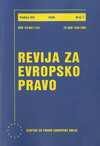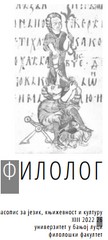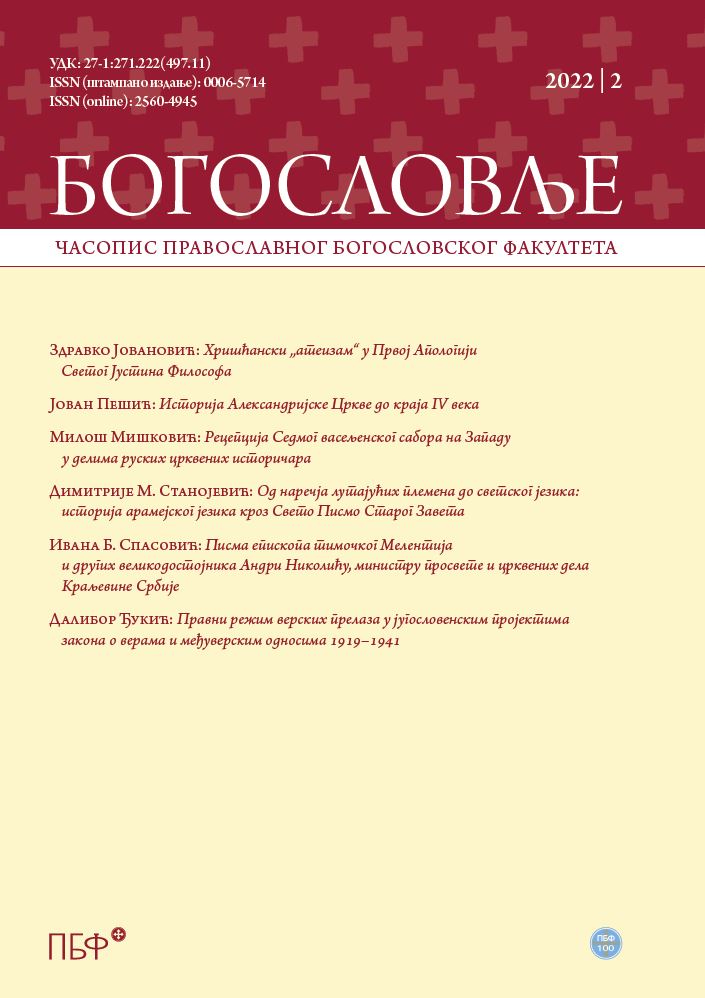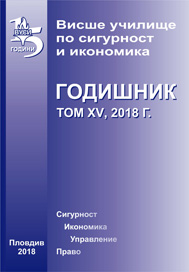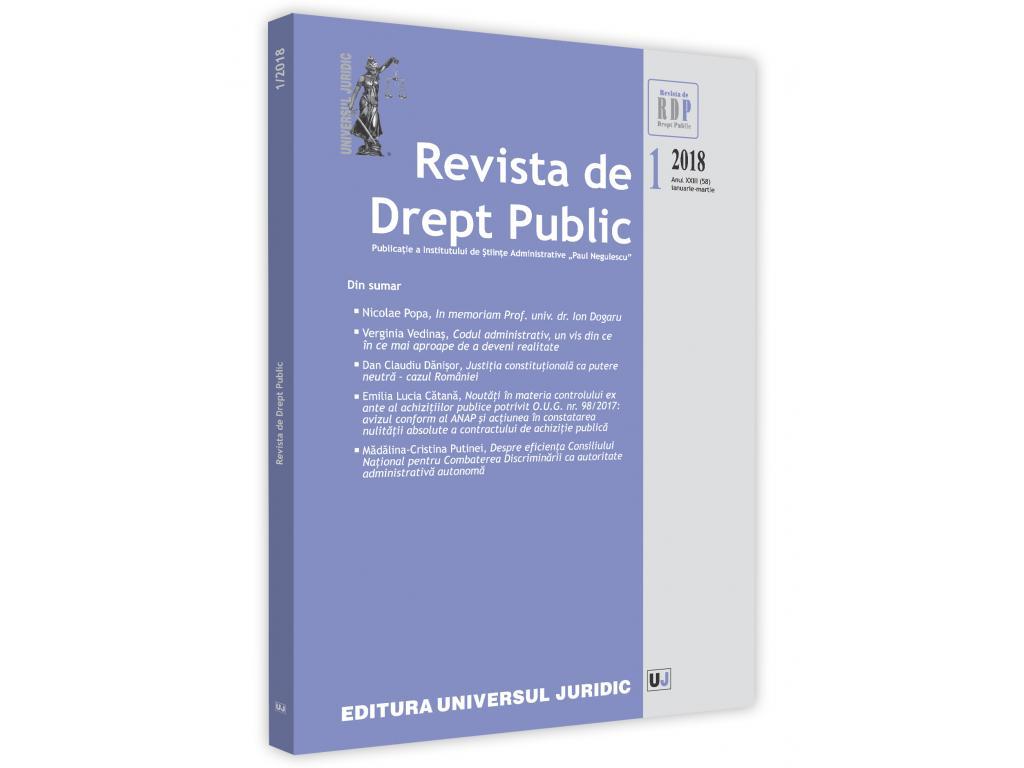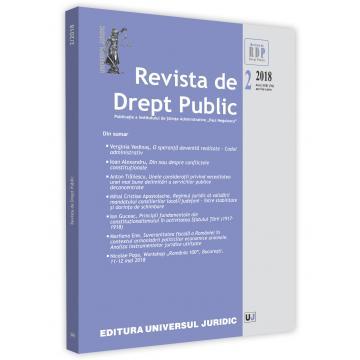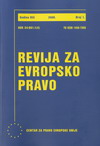
ENSURING THE CORRECT IMPLEMENTATION OF THE STABILISATION AND ASSOCIATION AGREEMENT IN SERBIA: A CASE STUDY ON THE IMPORTS OF SECOND-HAND VEHICLES
The purpose of this article is not to analyze the state of trade liberalization between the EU and Serbia. Rather, this paper offers a practical insight in the functioning of the SAA's chapter on the free movement of goods. It examines the limits imposed by the S AA on Serbia with regard to the taxation regimes applicable to the importation of second-hand cars from EU Member States, a practice with potentially big economic consequences considering the volume of used vehicles imported into Serbia from the European Union. Potential breaches of the Stabilisation and Association Agreement could materialise in the unjustified distinction posed by the tax regimes applicable to the importation of second-hand cars from the EU into the Republic of Serbia, on the one hand, and the domestic sale of (such) cars, on the other. In order to determine whether an infringement of SAA provisions really exists, this paper will first determine whether the Serbian tax provisions make a distinction between the import and sale of used vehicles as applied to secondhand cars originating in Serbia and in the EU (section 2). Before coming to a conclusion whether the perceived distinction does in fact breach the SAA (section 4), the paper will offset the analysis in section 2 with an examination of the relevant jurisprudence of the European Court of Justice on the taxation of second-hand vehicles imported from an(other) EU Member State (section 3). Arguably, the Court's case-law offers clear guidance for the Serbian authorities in their future Grafting and enactment of legal measures and administrative practices in the area of free movement of goods, as indeed more generally. As such, the case study on the taxation over used cars imported from the EU into Serbia offers an illustration of the need for the proper approximation of Serbia's and other (potential) candidate countries' existing legislation to that of the European Union and for the effective implementation of the former in one of the key operative areas of the SAA. By the same token, this article offers guidelines for members of the Serbian judiciary how to interpret and apply provisions of the Stabilisation and Association Agreement in contentious cases
More...
